We are over without a story!丨 "Writing Brain Science"
Author:Jingshi Psychological Universi Time:2022.09.25
Author | 傩 傩 傩 傩 |
On childhood nights, we always pray for our mother to "sleep well if you listen to a story."
Sometimes I accompanied the bookstore with friends, immersed in the world of "Smile Cat Diary".
You are young, and we have come to the mouth of "The Master of the Secret", "Dragon", "Harry Potter", and "Tongtong Petrochemical" and "funny".
Looking at the elders, although it is different from our preferences, the books held in hand are also "stories" one by one.
The preference for "story" seems to be engraved in our DNA. So the question is, how can it be "engraved"?
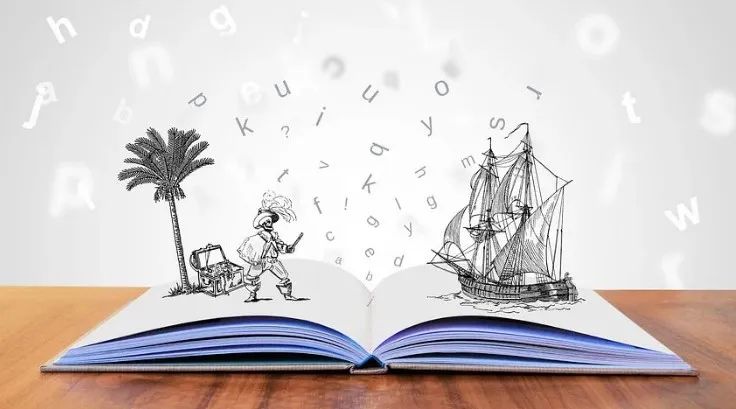
(Picture source network, invading deletion)
What is the story?
In Chinese, "old" refers to the past, and "things" refers to the incident. So "story" is "one thing that happened in the past".
In other words, what happened in reality or author's mind was a story.
For psychologists, the story is not just an imagination, an ordinary past. The story is formed by the brain's information that we receive.
Therefore, when I shared my past experience with my friends, I would say, "I tell you, I went back to school in the middle of the night and tied a balloon to a schoolbag, so I was dragged by me. Hundred percent! ".
But I won't mention what kind of plants on the roadside, and the gymnasiums that pass by open the door, nor will they lick the cat next to the police room.

(Picture source network, invading deletion)
Why? Because of this information, I feel that there is no logical relationship with this incident after judging the brain, and there is no need to be integrated together, so I just forgotten it, leaving only one "experience" we can tell us for sharing, or as the future as the future as the future. Reference [1].
How to share useful experiences? How to make the wisdom in our experience be understood, transmitted, easy to be accepted, and easy to imitate? How to meet the requirements of "long retention"?
The brain chose a story -as a language of experience, serving all the requirements for "experience".
Why are we willing to read stories?
We need to be clear first: our brain is quite overloaded.
For a second of normal life, our sensation organs will rush into the brain with more than 11 million bit (a unit of information volume), and then the brain is screened tiredly and further processing to store it as our memory.
What are the principles of screening and processing?
For the utilitarian brain, only useful information can be screened into the brain through heavy screening, settled into "memory", and then abandoned (forgotten) or reserved (long -term memory) under the scouring of external information [2].
The "cycling with balloon" above is an example.
Our stingy brain often abandons many things that are not important for reality, so we can't remember the small details that have no need. However, we remember the story -even if the story we read is not the information that is closely related to us, it may even be completely false, and it is impossible to encounter in the future (such as a sniffing that will actively find a treasure).
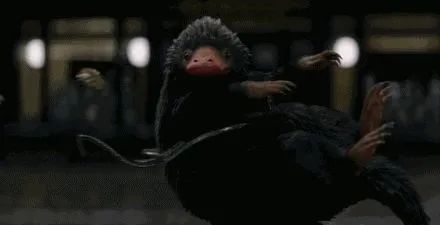
(Picture source network, invading deletion)
Why? (The brain is too dual benchmarking?)
Because it understands: we are over without a story!
As mentioned above, the story is the language of experience.
The story we obtained from the outside world carried the experience of others (or in the mind) and wisdom in it. The story allows us to have the opportunity to simulate a strong emotional experience without having to really experience it in reality.
"Why is Flipped so popular? Because it makes us do not have to work hard for love but can experience the beauty of love."

(Picture source network, invading deletion)
For people in the jungle, the story is likely to be able to save lives. When you listen to the story of the predecessors, I heard that someone ate a pink white fruit and died. You don't need to really try this fruit to know that this fruit cannot be eaten (toxic).
In the contemporary, the story pays more attention to our inner world, allowing us to explore and communicate with the outside world in various situations [3] -let us better adapt to society.
People propose the "Theory of Mind" to explain people's ability to adapt to society, that is, the ability of individuals to speculate on their own or others' psychological status, and the ability to explain and predict their behavior based on this. [4] Speaking is: the ability to perceive and understand the emotions of others and the ability to understand others' intentions and beliefs.
Is this very similar to our reading experience? We follow the perspective of the protagonist, look at the various of TA experience, experience and understand the emotions of TA, and speculate and understand the goals of TA.

(Picture source network, invading deletion)
But there is a problem. The premise of this experience is a good story.
How to count as a good story
What do we pay most about a story?
This requires us to remove a colorful appearance (such as the handsome actor, the cool Cymb punk background, etc.) to answer -the most concerned should be the central question of the story, "What do you tell this book?" Essence
In fact, similar experiences come from the publicity stimulus of marketing and politicians we have adopted. They are particularly good at telling stories because the story can take a person's interest and let the person who listened to the story to accept the theme of the story -that is, the theme.
This is what we receive. The stars you like are displayed and used, and the theme of the plot (or "story") shows that: with this product, you are closer to your love beans [5]. Yes! You will accept this theme signal in your mind, and then you will be excited. This is the "persuasion" of the theme of the story.
It is undeniable that the realization of this ability is that the listener fully accepts and pays attention to the theme of the story. The role of the theme is not only that, Literature Research Gabryan Boyd said: "The story that does not point the main purpose makes the reader unable to determine what information is important" [6].
Brain: Thank you, there is not so much space for you, PASS.
Therefore, good stories should first clearly tell the theme of the story. On the one hand, it is convenient for the author to exclude miscellaneous non -necessary information when writing (the subconscious will help you at this time! [7]), on the other hand, it is also convenient for the story to grasp the reader's heart.
Heart: Xie invited not to cue, grab the things called the brain above.
For example, "Journey to the West" talks about Xitian's scriptures all the way. Demon and monsters are serving the story line for the storyline of "scoring".
(Picture source network, invading deletion)
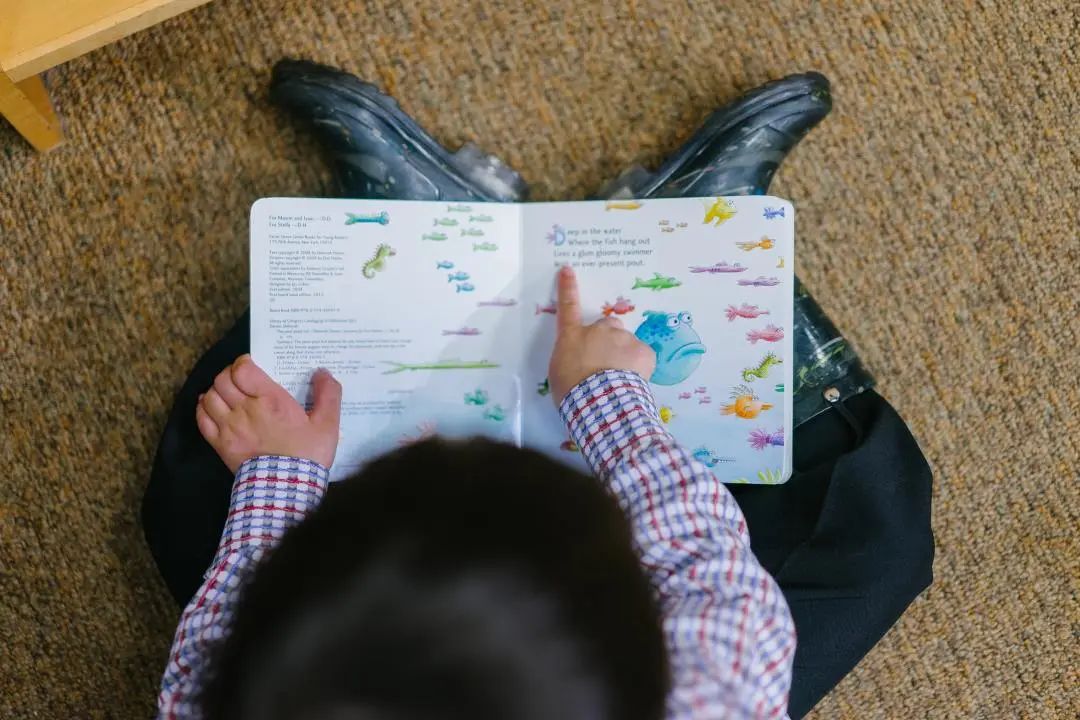
Let's take a look at the negative textbooks. What are the elements of a derailed story:
1. Can't judge the protagonist;
2. The protagonist's action is not logical;
3. The protagonist was originally complete, and halfway "died" or "changed";
4. I can feel the protagonist's goal, but I cannot feel the relationship between the development of the story and the goal;
5. The influence of story development on the protagonist lacks logic;
Faced with such a story, the brain's response is the same: discarding the interest in the story, reducing dopamine, especially in the brain to compare the areas of the expected expectations before reading and after reading, it will be greatly hit, which will lead to disappointment. [ 8].
Experience:
Did I tell you Fred? He came over last night, but it rained last night. I forgot to close the window like a fool. As a result, the new sofa was all wet, but I bought it a lot. I am really worried that it will be as moldy as those old clothes in my grandma's attic. My grandma does not like cleanliness, but I can't blame her, after all ...
I guess you in front of the screen:
(Picture source network, invading deletion)

Of course, good stories are definitely not just a very clear theme. Taking "Harry Potter" as an example, we can summarize it as a theme: the growth and revenge of a boy.
But if this story is presented in such a sentence, we will never miss this gorgeous magic world.
At this time, you need to ask: What are the factors of a good story? What is the story of the story and the classics of the handed down when we chat?
Psychologists tell you that good stories include these elements:
1. Clear and attractive theme: Studies have found that when people focus on something, the brain will filter off the unnecessary information. At this time Things are scattered;
2. Basic emotions: convenient for us to understand the behavior of the protagonist from basic emotions, so as to be more truly substituted into the protagonist of the story;
3. The protagonist's clear goals and the problem to be solved: all the behaviors of a person (including understanding the motivation of others) are to achieve their own motivation, so only when the behavior is based on a reasonable and clear goal, the development of the story can the development of the story be developed. More smooth and natural;
4. The inner change of the protagonist: The psychological change of the protagonist needs to have the right time, content and logic of changes. In short: all inner changes must be based on a reasonable basis.
5. Similar thinking ...
(Picture source network, invading deletion)

These elements are part of the directory of "Writing Brain Science". Of course, the story of the story discovered by brain science is far more than that, and these will be presented in the book. The corresponding theoretical and research foundation can help us understand the story from the perspective of psychology.
How do good stories be read by guiding our attention, how do we perceive the overall situation of the story, and what the author is thinking when writing ... we can all find the answer in this book.
Perhaps, try how to look at your own stories with psychology, and change the details of 100 million points.
""
Columnist
Popularity: ★★★★★
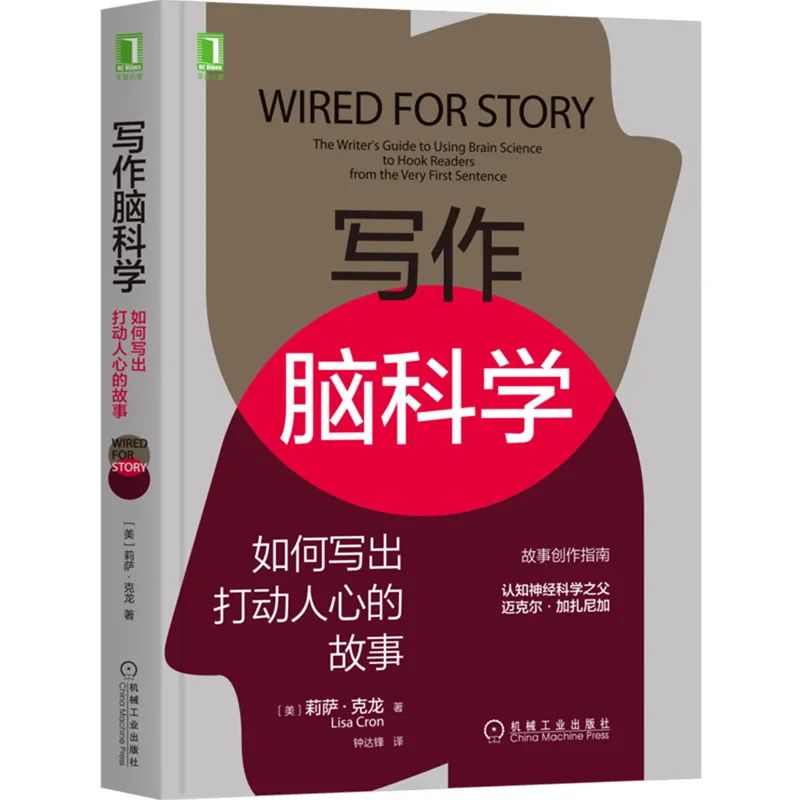
Fun readability: ★★★★★★
Science rigor: ★★★★★★
What do the brain seek in every story it encountered?
What created a good story?
What attracted readers to be eye -catching and unable to stop?
Most of the writing guidance blindly pursue and how to "write well", such as beautiful metaphors and interesting tasks, but this is not the same as telling a story. What the fascinating story must be done is: stimulating the brain's desire to learn what happened next. When the writer successfully inspires our curiosity, reading can bring dopamine stimuli that makes us pleasant and attract our attention. If you can't do this, even the most perfect articles will not attract anyone's interest.
"Writing Brain Science" reveals these cognitive secrets for us -it will subvert our understanding of story writing and bring us truly effective skills. This book is based on the new discoveries of neuroscience and the examples in novels, scripts, and short stories. Based on the experience of the reader's brain as the starting point, it systematically analyzes what a good story is systematically analyzed from a revolutionary perspective. At the same time, by decrypting the cognitive characteristics of the brain, the writer told the writer how to write the story of moving people. Of course, the ability to write is not only brought by a book, but also requires a lot of reading and practice, talent, vision, and so on. But maybe this book can inspire your stories from the perspective of psychology -look back at your writing, oh! It may be better here.
Book -free activity
What is a good story in your heart? Tell us in the message area. As of September 28, 2022 (Wednesday) at 12:00 noon, the editorial department of the University Hall will select the 3 best comments in the top 8 comments in the message. Reviewers can receive the book "Writing Brain Science" provided by the Machinery Industry Publishing House.
Swipe up to read references:
[1] Damasio, a. R. (2012). Self Comes to Mind: Constructing the conscious brain. Vintage.
[2] Dudai, Y., Karni, A., Born, J. (2015). The consolidation and transformation of memory. Neuron, 88 (1), 20-32.
[3] Bora, E., Berk, M. (2016). Theory of Mind in Major depressive disorder: a meta-Nanalysis. Journal of Affective Disorders, 191, 49-55.
[4] Chen Lijuan, Xu Xiaodong. (2020). How literary reading affects the reader's psychological theory. Psychological progress, 28 (3), 434.
[5] PINKER, s. (1997). How the mind works (vol. 524). Norton: New York.
[6] Boyd, B.. (2009). On the Origin of Stories: Evolution, Cognition, and Fiction.
[7] Baumeister, R.. (2005). Strangers to ourSelves: Discovering the Adaptive Unconscious. Journal of the social and clinical psychology, 24 (2), 293 --- 295.
[8] Kaye, A., Ross, D. A. (2017). The habenula: darkness, disappointment, and depression. Biological psychiatry, 81 (4), E27-E28.
Author | 傩 傩 傩 傩 |
Edit | Ah
Beauty editor | n
Click the following keywords to view more content
Boasting group | Stay up late | mobile phone | AA system | bar essence | Learn 婊
Want to escape | ntr | Men | Sabbing | Breakup
Psychological Painting | Psychologists | MBTI | Psychological Consultation
Domestic violence | come out | quarrel | childhood | fertility
Homosexual | depression | sex education
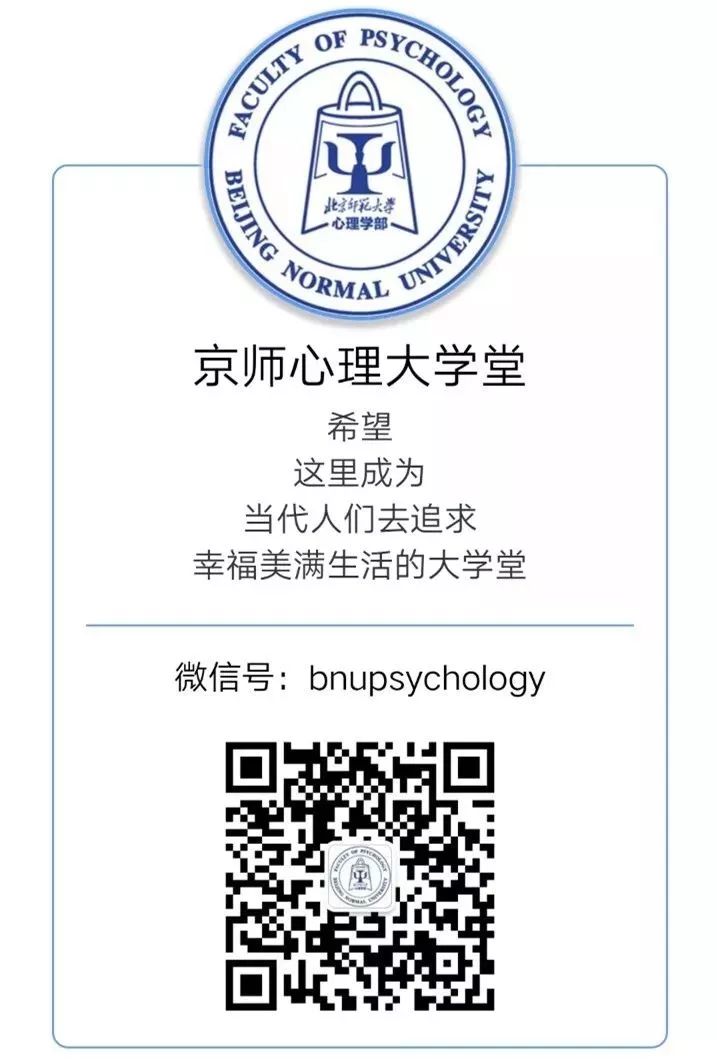
- END -
Chentan Qiu Tuozi's family book makes the visiting group members shocking | I understand China along the Yangtze River -Hubei Qianli Yangtze River Bank

The Yangtze River Daily Da Wuhan client August 18 (Reporter Wang Weiqi) Chen Tanqi...
Social Education | The precious past and old things of the People's Park

The origin of People's ParkPeople's Park is the general term of all parks named af...